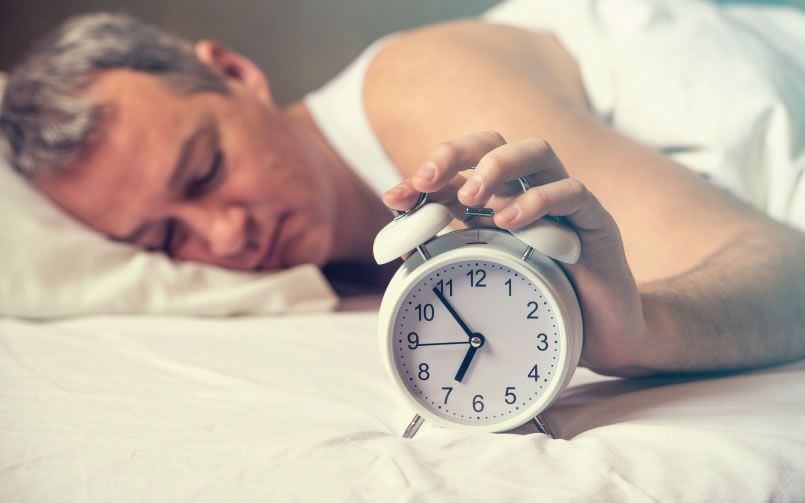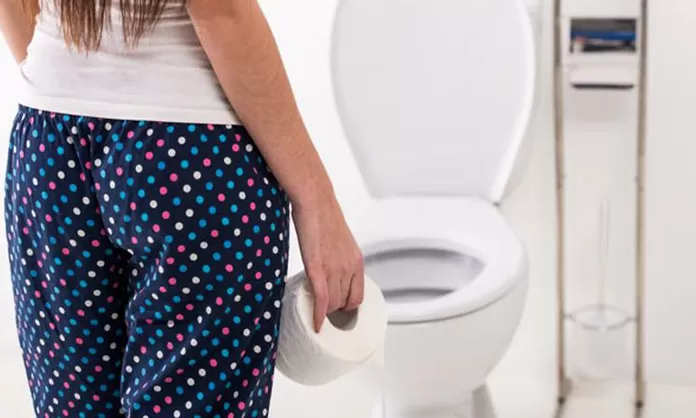What is Nocturia and How Does it Affect Women?
Nocturia, or the need to urinate multiple times during the night, can significantly disrupt sleep patterns and impact overall health and well-being. This condition affects women, particularly as they age, due to various factors. Hormonal changes, such as decreased estrogen levels during menopause, can lead to increased urinary frequency and urgency. Additionally, conditions like bladder infections, sleep disorders, and other medical issues (e.g., diabetes, high blood pressure) can contribute to nocturia.
Common Causes of Nocturia in Women
Nocturia in women can be attributed to various factors, including hormonal changes, bladder infections, sleep disorders, and medical conditions like diabetes and high blood pressure. Hormonal fluctuations, particularly during menopause, can lead to increased urinary frequency and urgency. Bladder infections, such as cystitis, can cause discomfort and inflammation, resulting in nocturia. Sleep disorders, such as sleep apnea and restless leg syndrome, may also contribute to nocturia by disrupting sleep patterns and increasing the need to urinate during the night.
Underlying medical conditions, such as diabetes and high blood pressure, can also play a role in nocturia development. Diabetes may cause increased urine production due to high blood sugar levels, while high blood pressure can lead to nocturia as a side effect of certain medications. It is essential to identify and address these underlying factors to effectively manage nocturia and improve overall health and well-being.
How to Manage Nocturia: Lifestyle Changes and Home Remedies
Implementing lifestyle modifications and home remedies can help alleviate nocturia symptoms and improve sleep quality. Adjusting fluid intake is crucial; try to limit fluids, particularly those containing caffeine and alcohol, several hours before bedtime. However, avoid dehydration by maintaining adequate hydration throughout the day.
Bladder training techniques can also be beneficial. Gradually increase the time between each visit to the bathroom, starting with small intervals and progressively extending them. This approach can help strengthen the bladder muscles and improve control over urinary frequency. Additionally, pelvic floor exercises, such as Kegels, can strengthen the muscles responsible for bladder control, further reducing nocturia symptoms.
When to Consult a Healthcare Professional
While lifestyle modifications and home remedies can help alleviate nocturia symptoms, it is essential to recognize the warning signs that warrant consulting a healthcare professional. If nocturia persists despite implementing lifestyle changes, significantly impacts daily activities, or is accompanied by symptoms such as pain, fever, or blood in the urine, seek medical attention. Proper diagnosis and treatment are crucial to managing the condition effectively and addressing any underlying medical issues.
Medical Treatments for Nocturia
Various medical treatments are available for nocturia, depending on the underlying cause. Medications, devices, and surgical procedures can help manage symptoms and improve sleep quality. Some common medical treatments include:
- Medications: Anticholinergics, such as oxybutynin and tolterodine, can help relax bladder muscles and increase bladder capacity. Desmopressin, a synthetic hormone, can reduce urine production at night.
- Devices: A bedwetting alarm can be used to train the bladder and improve control during sleep. A pessary, a device inserted into the vagina, can help support the bladder and reduce pressure on the urethra.
- Surgical procedures: In some cases, surgery may be recommended to address structural issues, such as bladder prolapse or urethral strictures. Sling procedures, bladder neck suspension, or artificial urinary sphincter implantation can help improve urinary control.
It is essential to discuss the potential benefits and risks of these medical treatments with a healthcare professional, as each option carries unique considerations and may not be suitable for all individuals. A comprehensive evaluation and personalized treatment plan can help ensure the most effective management of nocturia symptoms.
Alternative and Complementary Therapies for Nocturia
In addition to medical treatments, alternative and complementary therapies may provide relief from nocturia symptoms for some individuals. These therapies should be used in conjunction with, not as a replacement for, medical advice and treatment. Some alternative and complementary therapies for nocturia include:
- Acupuncture: This ancient Chinese practice involves inserting thin needles into specific points on the body to stimulate energy flow and promote healing. Acupuncture may help alleviate nocturia symptoms by improving bladder function and reducing inflammation.
- Herbal remedies: Certain herbs, such as gosha-jinki-gan, a traditional Japanese herbal formula, and horsetail, a diuretic herb, may help manage nocturia symptoms. However, it is essential to consult with a healthcare professional before starting any herbal remedies, as they can interact with other medications and may have side effects.
- Mind-body techniques: Practices such as meditation, deep breathing exercises, and progressive muscle relaxation can help reduce stress and anxiety, which may contribute to nocturia symptoms. By promoting relaxation and improving overall well-being, these techniques may help alleviate nocturia symptoms.
While alternative and complementary therapies can be beneficial for some individuals, it is crucial to maintain open communication with healthcare professionals regarding their use and to ensure they do not interfere with other treatments or medications. A comprehensive and integrative approach to nocturia management can help ensure the best possible outcomes for those affected by this condition.
Preventing Nocturia: Long-Term Strategies
Preventing nocturia involves maintaining a healthy lifestyle, addressing underlying medical conditions, and practicing stress management techniques. By incorporating these long-term strategies, individuals can minimize the recurrence of nocturia and improve overall health and well-being. Some preventive measures include:
- Healthy lifestyle: Maintaining a well-balanced diet, staying hydrated, and engaging in regular physical activity can help promote bladder health and reduce the risk of nocturia. Avoiding bladder irritants, such as caffeine, alcohol, and spicy foods, may also help alleviate symptoms.
- Addressing underlying medical conditions: Properly managing chronic conditions, such as diabetes and high blood pressure, can help reduce the risk of nocturia. Regular check-ups and screenings can help detect and treat underlying medical issues before they contribute to nocturia symptoms.
- Stress management: Practicing stress management techniques, such as meditation, deep breathing exercises, and yoga, can help improve overall well-being and reduce the risk of nocturia. By promoting relaxation and reducing anxiety, these techniques may help alleviate nocturia symptoms.
- Bladder training: Implementing bladder training techniques, such as scheduled bathroom visits and gradual increases in voiding intervals, can help improve bladder control and reduce nocturia symptoms over time.
By adopting these long-term strategies, individuals can take a proactive approach to managing nocturia and minimizing its impact on sleep quality and overall health. Regular communication with healthcare professionals is essential to ensure these strategies are effective and to address any changes in symptoms or underlying medical conditions.
Living with Nocturia: Coping Strategies and Support
Living with nocturia can be challenging, but implementing effective coping strategies and seeking support can help individuals manage the condition and maintain a positive outlook. Some coping strategies and support options include:
- Seeking support from friends and family: Sharing experiences and concerns with loved ones can help alleviate feelings of isolation and provide emotional support. Friends and family members can offer encouragement, assistance, and understanding, making it easier to cope with nocturia.
- Joining support groups: Connecting with others who share similar experiences can be beneficial for those living with nocturia. Support groups provide a safe space to share concerns, discuss treatment options, and learn from others’ experiences. These groups can be found online or in-person and may be organized by healthcare facilities, community organizations, or advocacy groups.
- Maintaining a positive attitude: Staying positive and focusing on the aspects of life not affected by nocturia can help individuals better cope with the condition. Engaging in enjoyable activities, practicing gratitude, and seeking professional counseling or therapy can help maintain a positive outlook.
- Establishing a bedtime routine: Implementing a consistent bedtime routine can help improve sleep quality and reduce the impact of nocturia. This routine may include avoiding stimulating activities before bedtime, using relaxation techniques, and creating a comfortable sleep environment.
By incorporating these coping strategies and support options, individuals living with nocturia can better manage the condition and maintain their overall well-being. Regular communication with healthcare professionals is essential to ensure that coping strategies are effective and to address any changes in symptoms or treatment needs.








